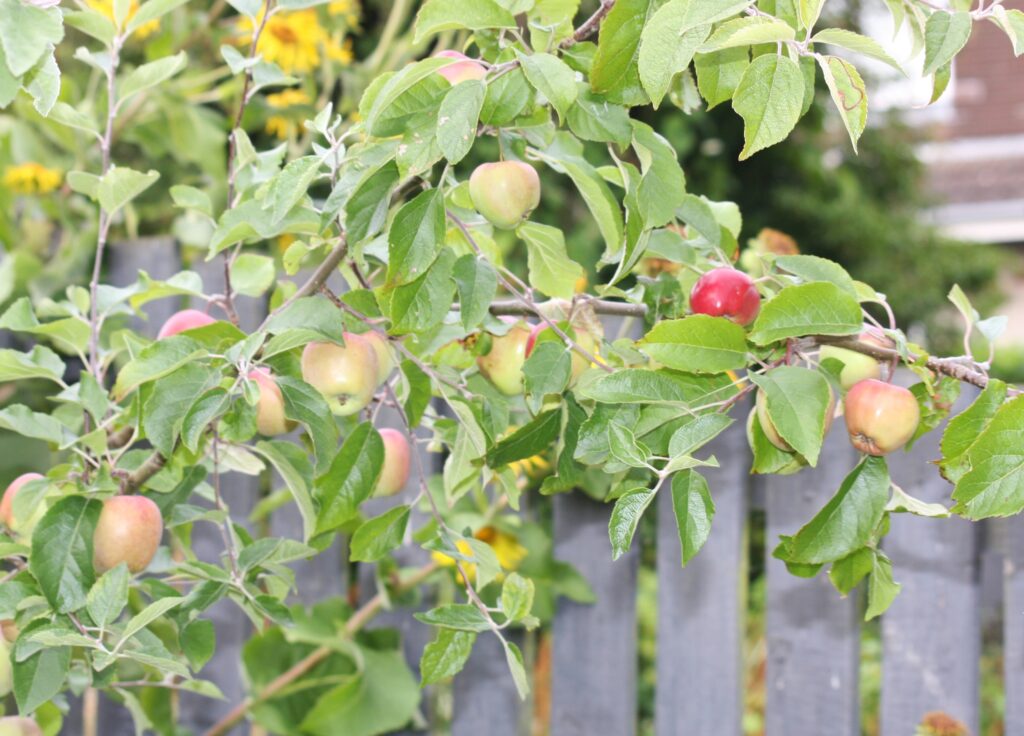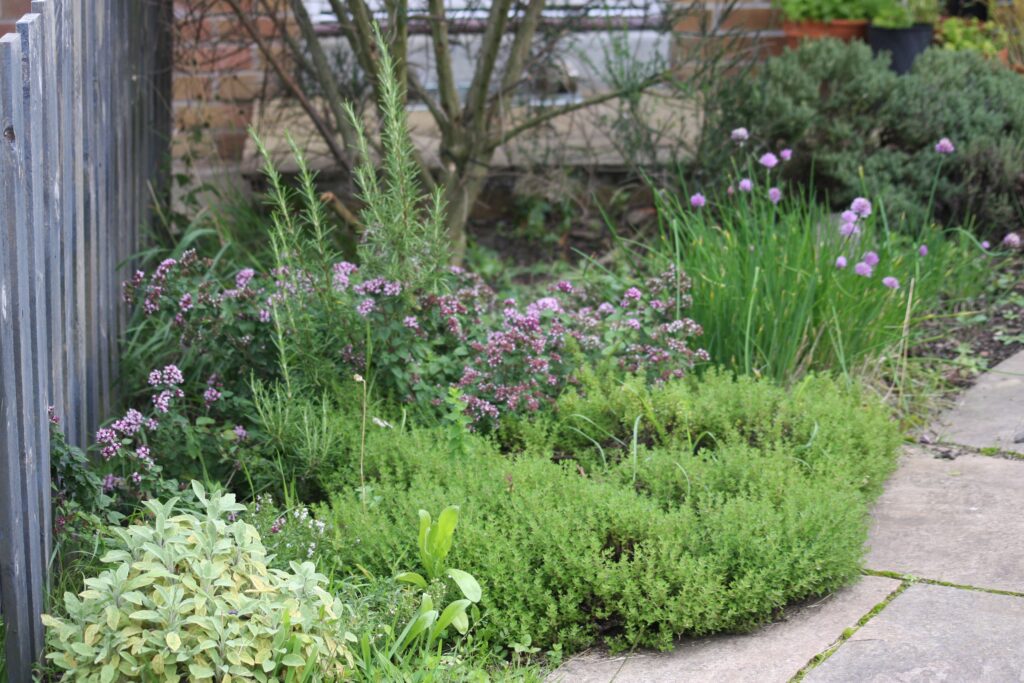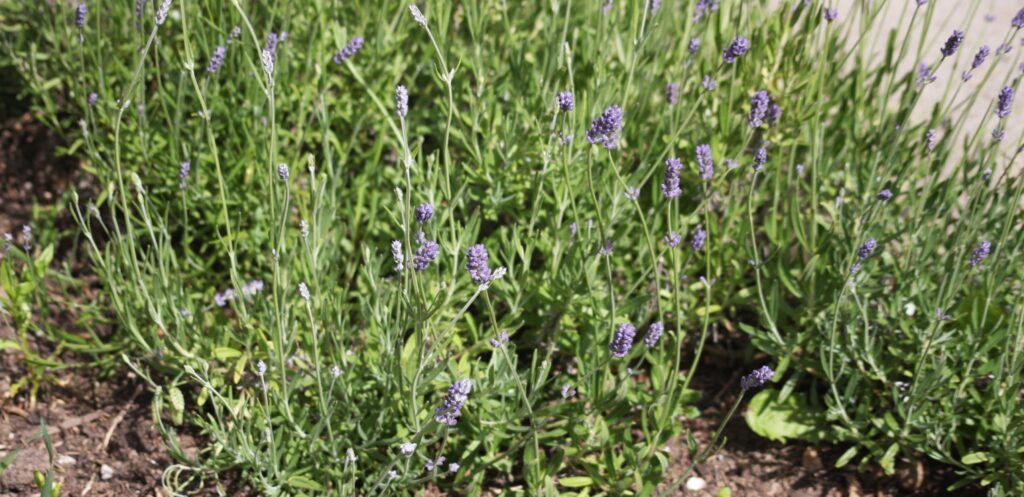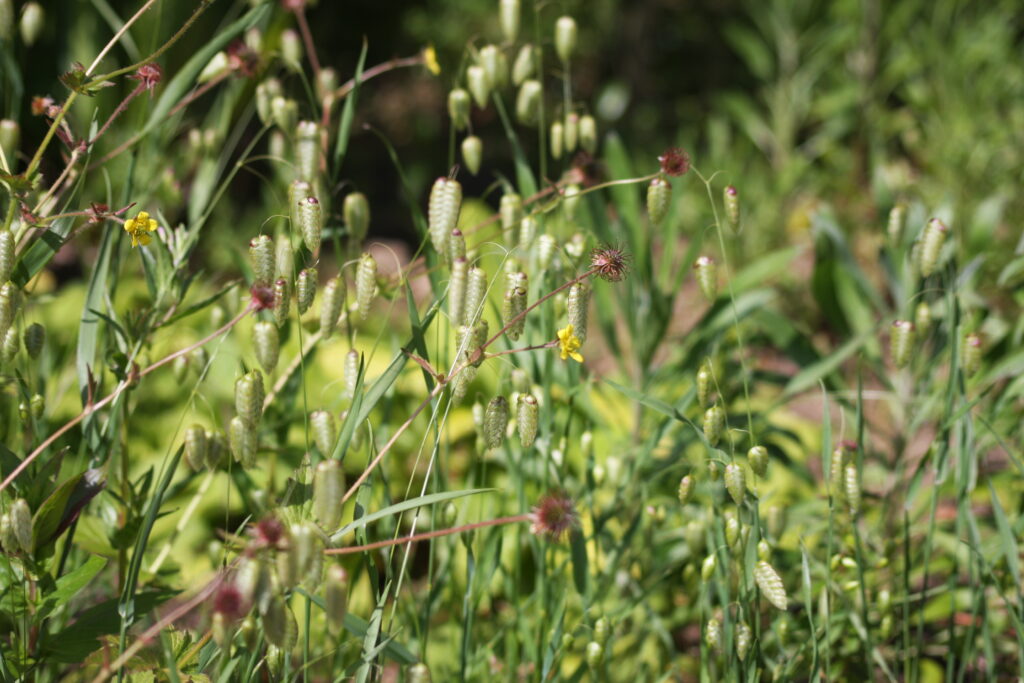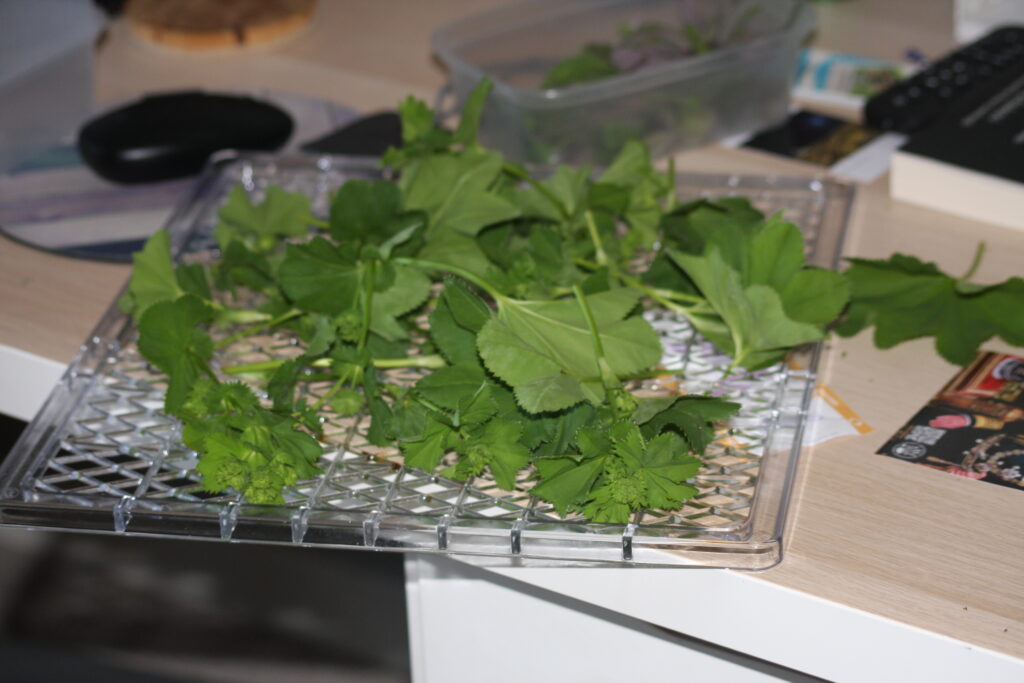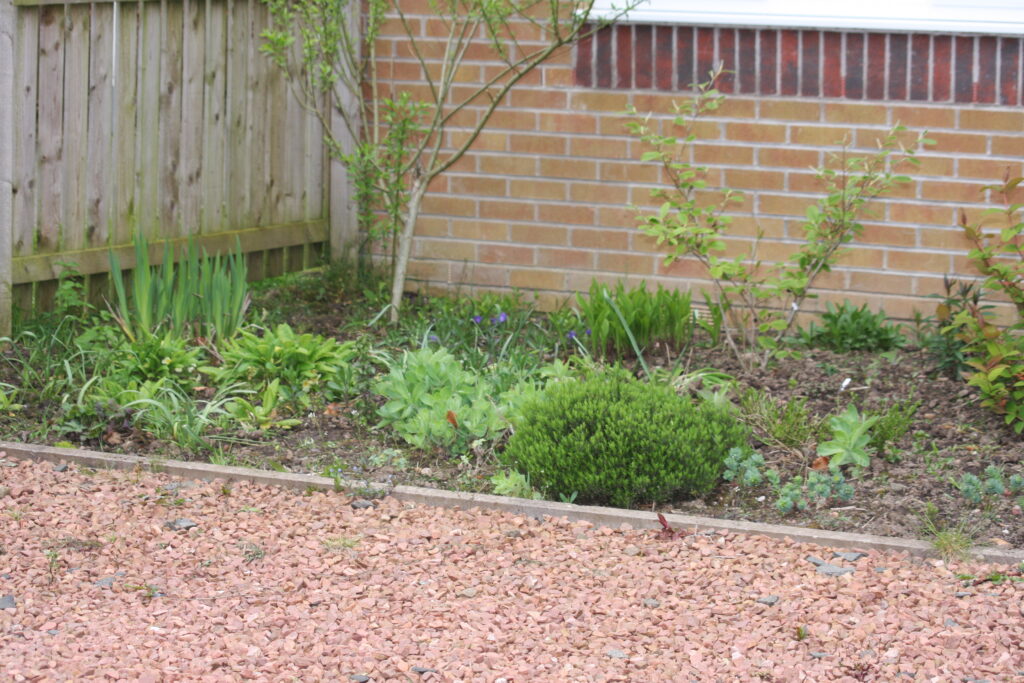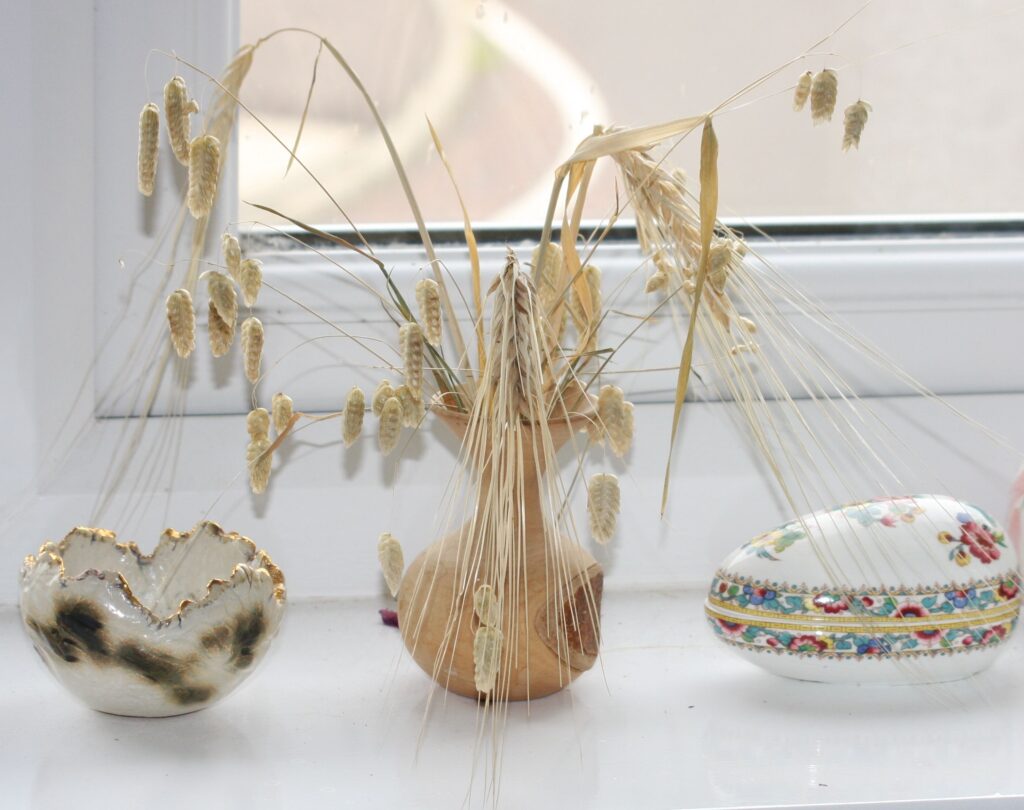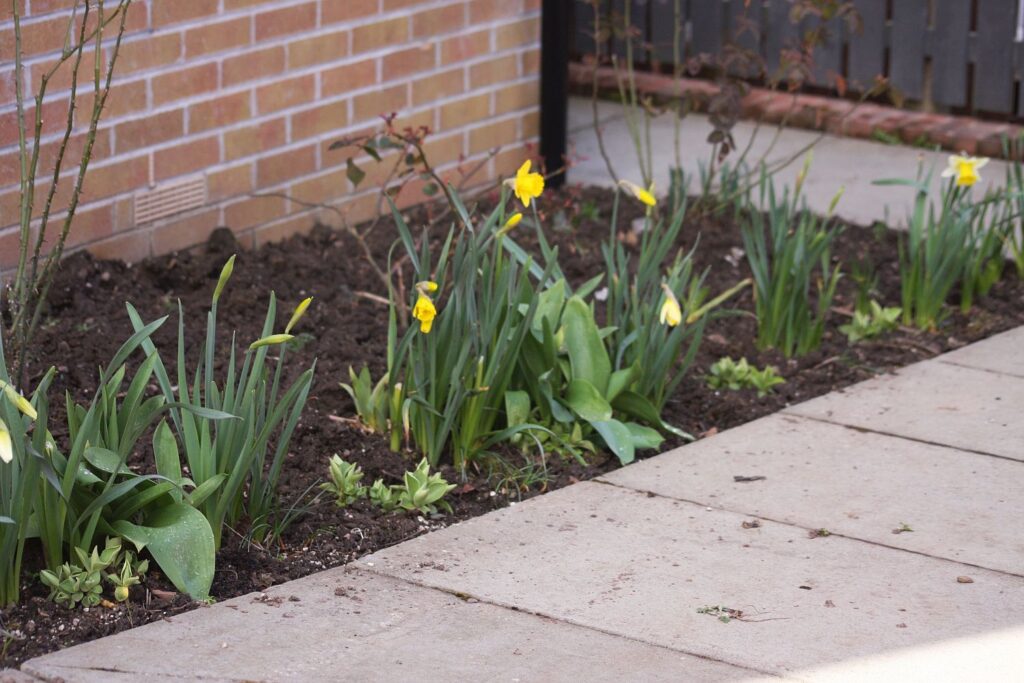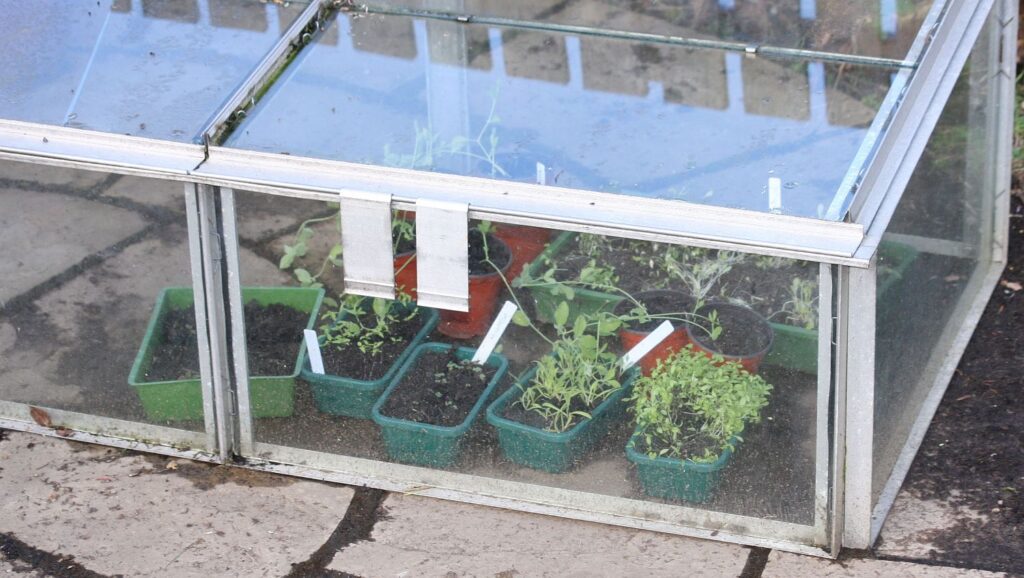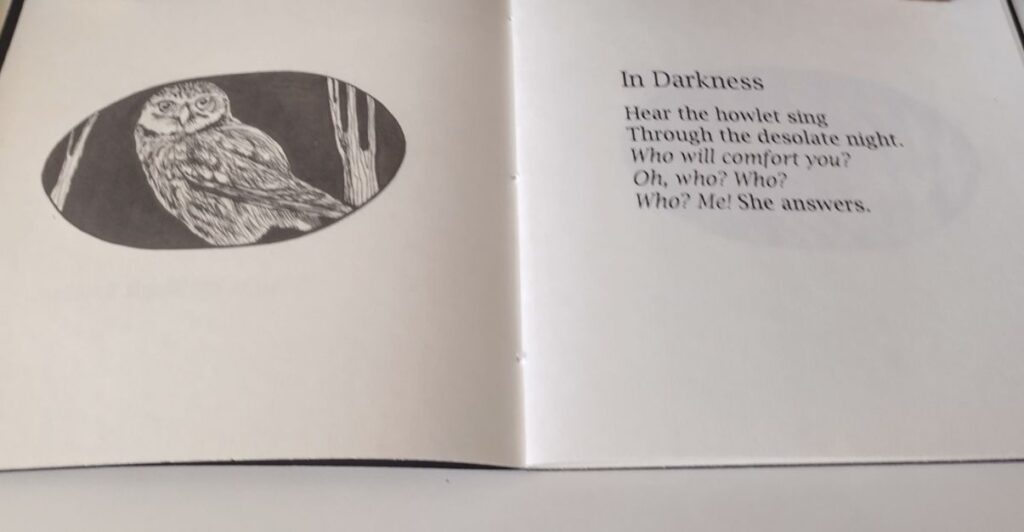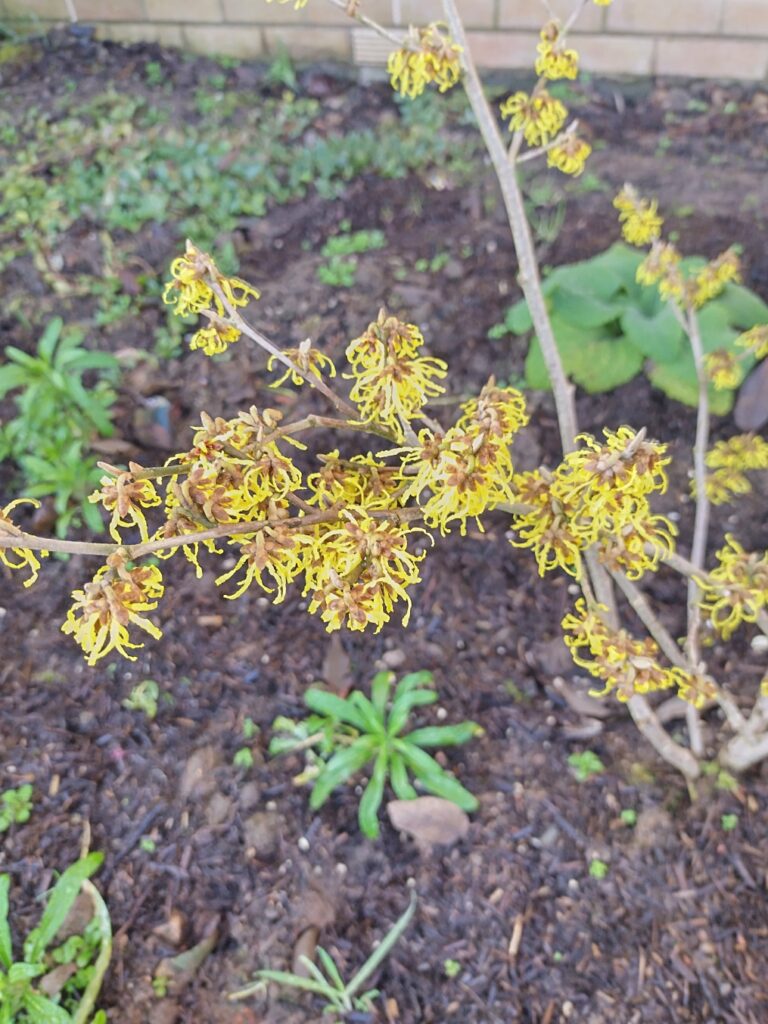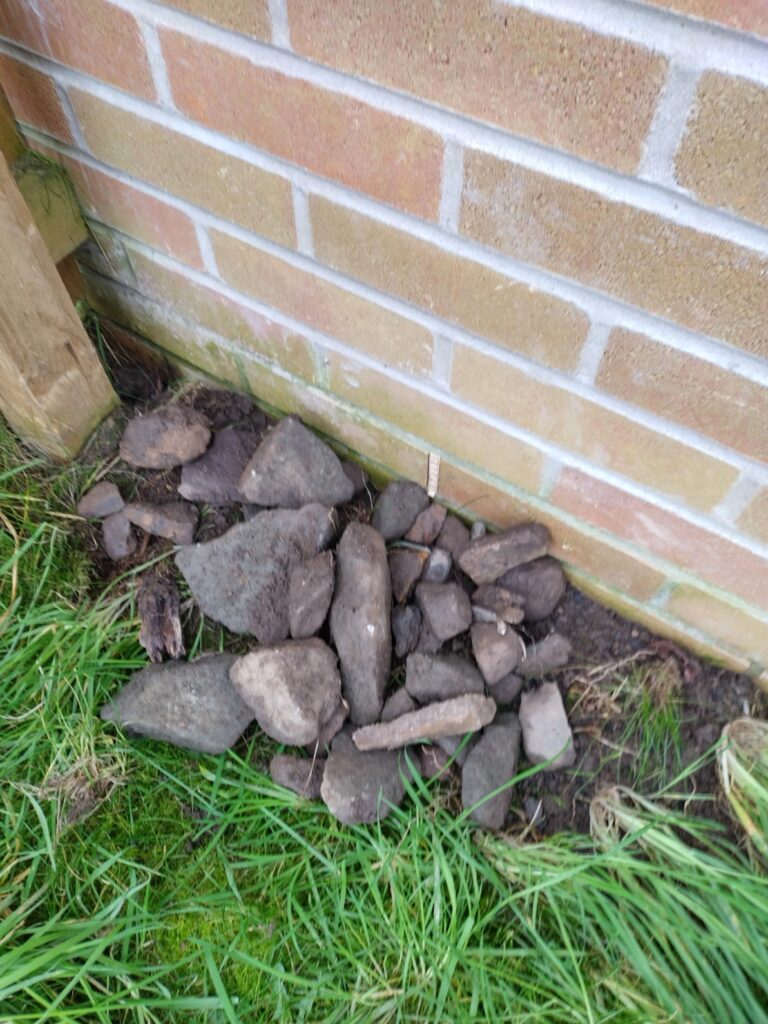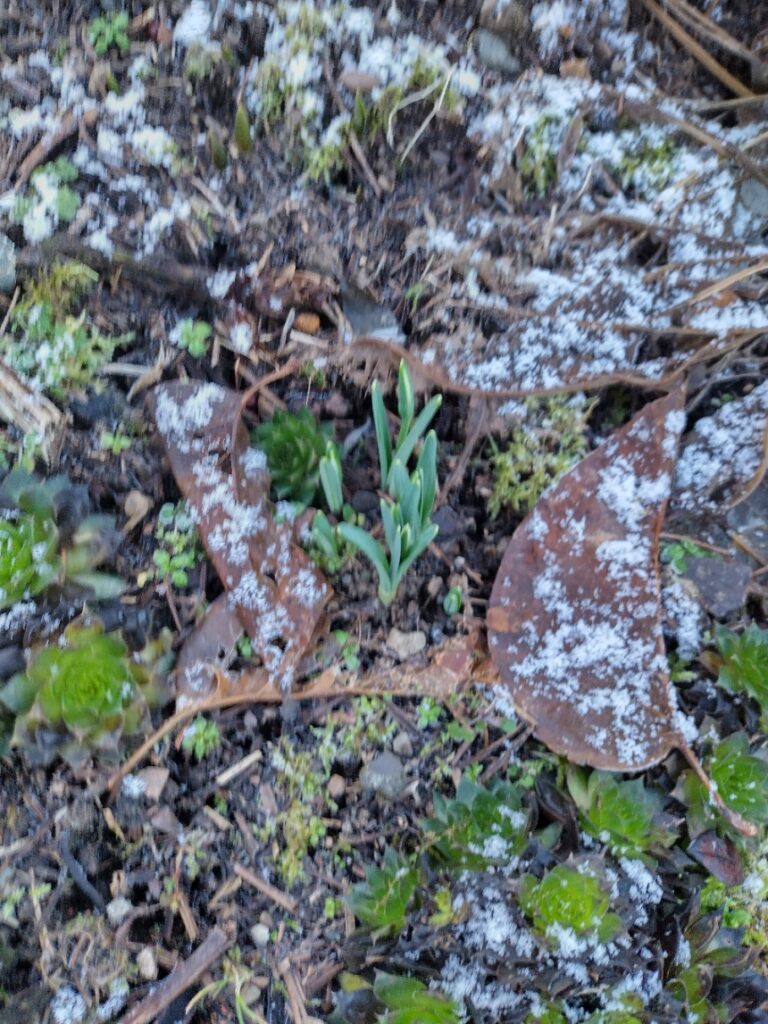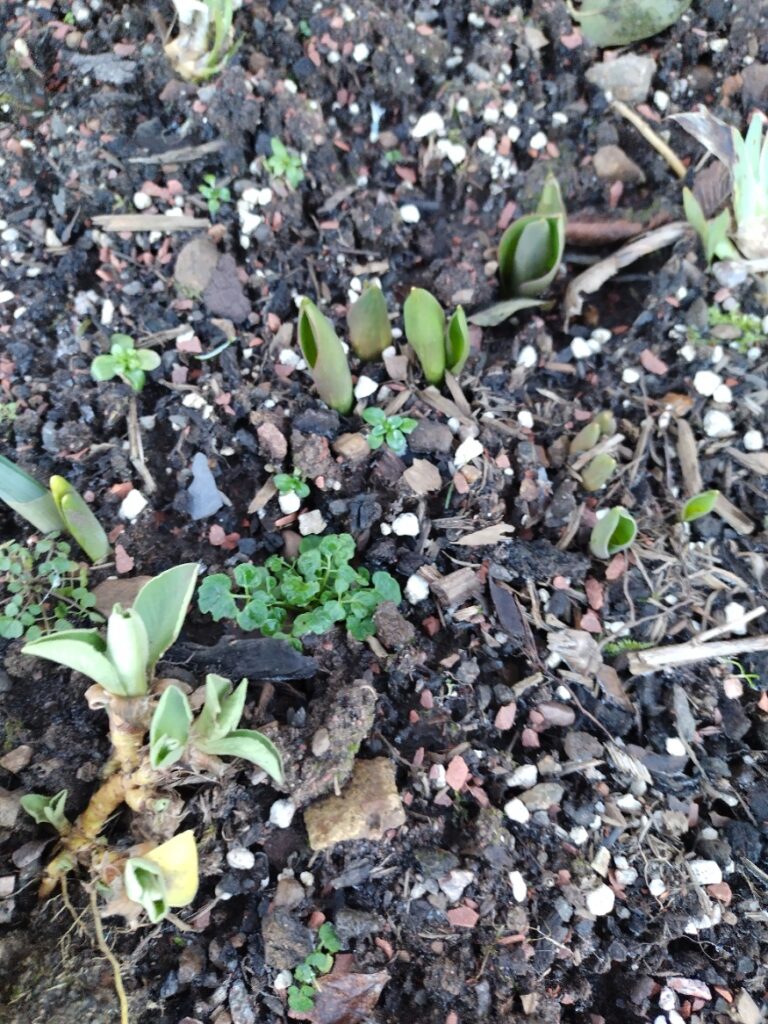
I’m back, although not as often as before. I miss the long-form responsive sort of chat I used to do, and though I want it off the main website, because I need that to be more focussed and professional, I though some other people might like the more ephemeral background stuff to the poetry. There is a new book in the works, which will come out in March next year, and I have cooked up some thoughts about healing and transformation, the dislocation of moving to new places, confronting ‘otherness’ and art.
Three and a half years ago I moved here from a shady garden, with deep fertile soil, rather damp, rather acid, and I’ve had to adjust to something very different here. It turns out that this garden is, as Culpeper might have put it, ‘under the dominion of Mercury’. Mercury’s plants tend to do well here, for reasons I don’t yet fully understand. The soil is good to heavy, but with a lot of stones in it, not just builders’ rubble and hard core, though there’s plenty of that, but ‘coal measures’ – layers of mudstones and limestone shale above the seams of coal that defined this area until fifty years ago. There is sun, some fertility, but not too much, shelter from the prevailing winds, and enough rain, which they like. As herbs, they tend to be nervines, picking up magnesium from the soil, and therefore good for the nervous system, the brain, memory, coughs and, often, digestion. This garden loves lily of the valley, southernwood, elecampane, lavender, fennel and winter savory, and they thrive here, where many of them struggled in my previous garden.
It is easy to see why they are ascribed to Mercury – the intelligent, volatile, lively and ingenious god of language, communication and creativity – the god of the mind. Mercury has a difficult persona – as a god, he’s a trickster, a shapeshifter, notorious liar, ingenious, dangerously fluent and persuasive, and frankly, about as endearing as Dominic Cummings. And yet. He is the trusted messenger of the gods, the guardian of travellers, protector of herds and herdsmen. His dual personality reflects what was discovered about the planet through history. It is closest to the sun, and the fastest mover – the Assyrians called it ‘the jumping star’ and the Greeks called it ‘Stilbon’ the sparkling star, because of its flashy volatility. It was seen only at evening and morning, which meant that for a long while there was uncertainty about whether it was even one planet or two so Mayans represented it as twin owls one for morning and one for evening. The metal called after him is anomalous, a metal that rolls around on a flat surface like a ball, that divides and rejoins like water, a liquid that isn’t wet. It’s not surprising, then, that when alchemy was extensively studied, Mercury became associated with the process of transition and transformation, forming a triad with the sun and moon. Sun herbs like marigolds and rosemary and moon herbs like mugwort and vervain do well in this garden too.
Mercury appears to have had an older presence, before he was shown as the tricksy boy. He was represented as a standing stone, or a heap of stones usually at a boundary, and may have been thought of as the duende – a spirit of place, with its ambivalent overshadowing presence, sometimes kindly, sometimes punitive, incorrigibly untameable and alien. He is like the Viking concept of ‘luck’ – while it’s with you, everything is fine, but if it’s against you, you are ‘ogiftumađr’, the unlucky man, a Jonah, and nothing will go right. He is the bwbach, the broonie, the trowie, the good neighbour, one of the fair folk, sometimes a pharisee, or a saracen. He is the stranger, the unpredictable other, the one who may be dealt with for good or ill, but never completely trusted. When Mercury goes retrograde, people get very conscious of trains being cancelled, letters lost in the post, computers crashed, fallouts and misunderstandings betweeen friends and families.
I’m haunted by Shakespeare’s line ‘the words of Mercury are harsh after the songs of Apollo’(Love’s Labour’s Lost). A pairing off of lovers is halted by news of the death of the Princess’s father, and the happy ending has to be postponed while the feckless students and frivolous maids grow up. It is one of a few Shakespeare references to the ephemerality of art, especially theatre, possibly inviting us to dismiss it as a shadow (A Midsummer Night’s Dream) or a jest (Hamlet), compared with the serious nature of real life. But it’s more complicated than that. Mercury invented the lyre for Apollo, and says there is no god he will honour more. Words and music intertwine in both poetry and song, performance and communication. Heart and head, feeling and technique have to come together for art to do its job. Despite his propensity for lying, Mercury introduces us to the hard truths that precipitate growth, change and ultimately a negotiation with reality that leaves us in a better place.
Moving to ‘the dominion of Mercury’ sparked new relationships with the earth, with my neighbours, and with the unfamiliar reaches of myself – and a lot of new poems. Look for bats, ghosts, foxes, druids, rivers, music and herbs. The book is due out in March 2026, and I’m excited about it.
